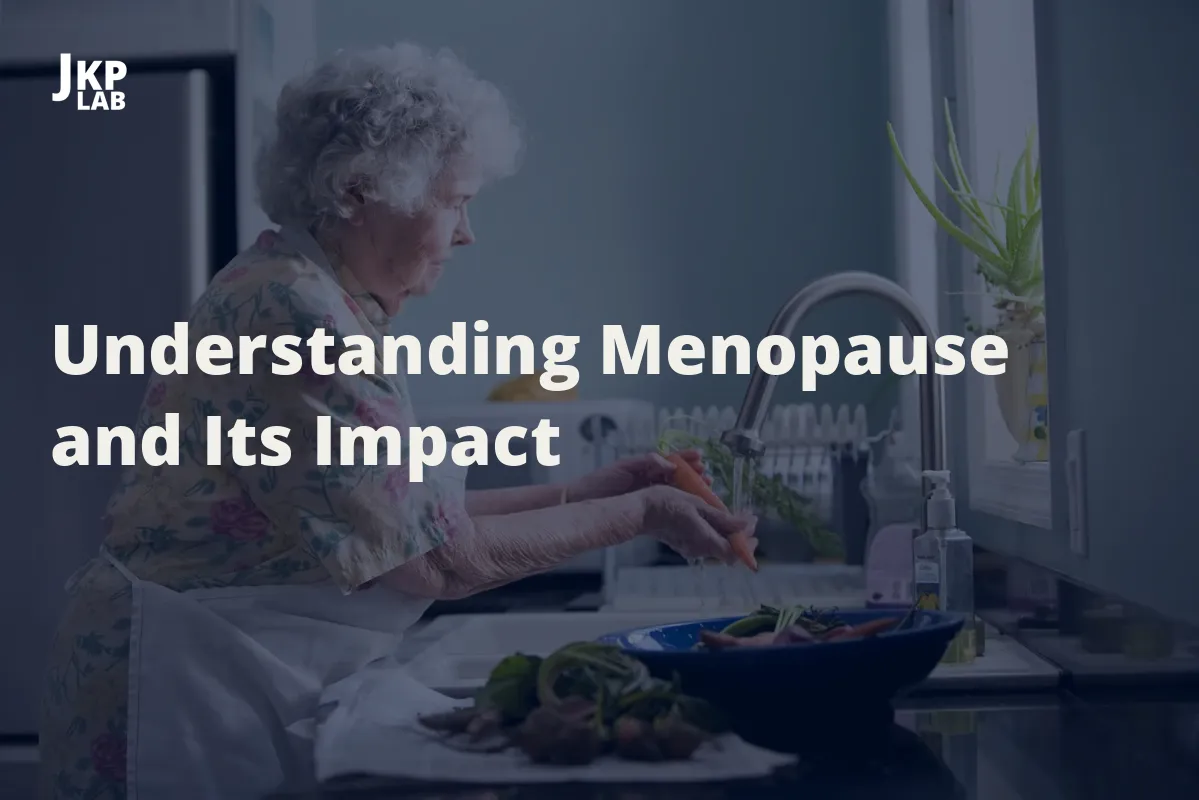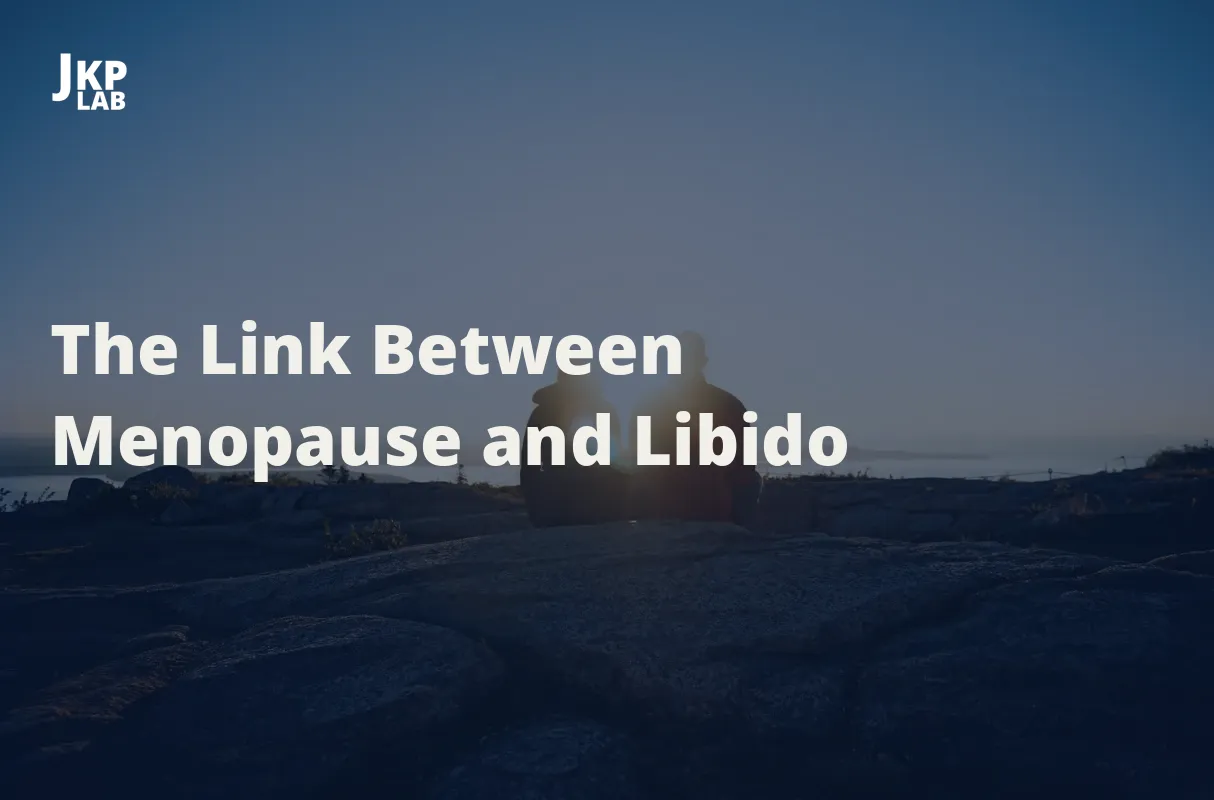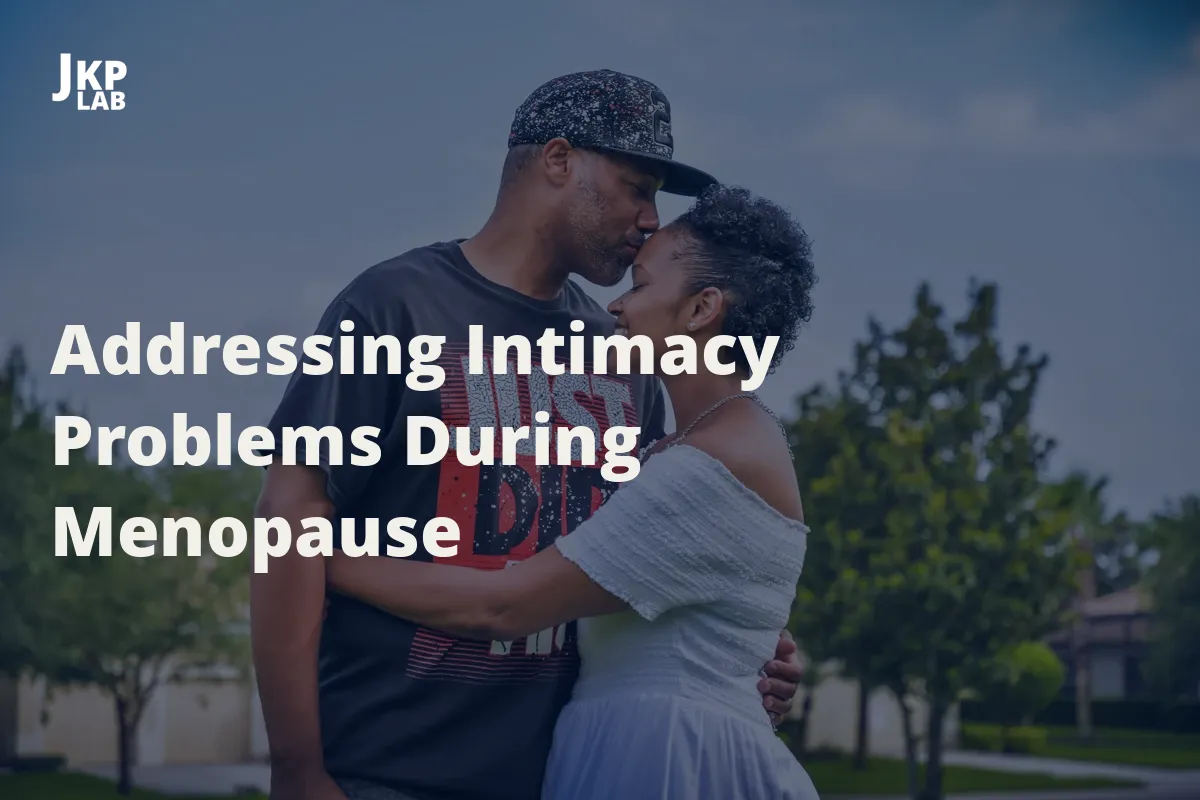
Understanding Menopause and Its Impact
Menopause, a natural transition in a woman’s life, signifies the end of her menstrual cycles. It typically occurs between the ages of 45 and 55. But what many don’t realize is that it’s not just about the physical changes. Emotional and mental shifts also take center stage during this phase.
The Biological Changes
During menopause, the body reduces the production of estrogen and progesterone, two essential hormones for reproduction. As these hormone levels drop, women might experience symptoms like hot flashes, night sweats, and vaginal dryness.
The Emotional and Mental Shifts
Besides the physical symptoms, many women undergo emotional and mental changes. Some might feel a sense of loss, while others may experience mood swings or bouts of anxiety. It’s not uncommon for self-perception and body image issues to emerge during this time.
The Broader Perspective
For generations, societies worldwide have had varying views on menopause. In some cultures, it is celebrated as a rite of passage, while in others, it’s seen as a sign of aging that might be met with dread or denial. Regardless of the perspective, it’s vital to remember that menopause is a natural part of life. Knowledge and understanding can help in navigating this phase with grace. For a more detailed exploration on menopause, you might want to refer to this comprehensive guide: All You Need to Know About Menopause.
The Impact on Relationships
Menopause can also influence relationships. With physical discomfort and emotional shifts, intimacy might take a backseat. Partners may feel distanced or out of sync with each other. It becomes essential for both partners to communicate openly and be empathetic, ensuring a supportive environment.
In conclusion, while menopause can be challenging, understanding its intricacies and being well-informed can help in smoothly transitioning through this period. As we delve further into this article, we’ll explore how menopause impacts libido and how products like Spanish Fly Pro can offer solutions.

The Link Between Menopause and Libido
Menopause brings about various changes in a woman’s body, and one of the areas that might be affected is sexual desire or libido.
Why Does Libido Decrease?
There are multiple reasons why some women might experience a decrease in sexual desire during menopause. The decline in estrogen levels can lead to physical symptoms such as vaginal dryness, which can make sexual activities uncomfortable. Furthermore, other menopausal symptoms like fatigue, mood swings, or sleep disturbances can indirectly impact libido by affecting a woman’s overall wellbeing.
Hormones and Emotions
It’s not just about the hormones, though. Emotional factors play a significant role as well. A woman’s self-image, her relationship with her partner, and her mental health can all influence her sexual desire. For instance, if she feels less attractive or if she’s experiencing bouts of depression, it can contribute to reduced interest in sexual activities.
The Ripple Effect on Partners
Decreased libido doesn’t only affect the individual; it can also have repercussions in a relationship. A mismatch in sexual desires between partners can lead to misunderstandings, feelings of rejection, or doubts about the strength and quality of their bond. Open communication becomes pivotal in such scenarios to ensure mutual understanding and emotional support.
Seeking Solutions
Acknowledging the change and seeking solutions proactively can make a significant difference. Some women find relief in hormone replacement therapy, while others turn to counseling or couples therapy to address emotional and relational concerns. For those looking for natural boosts to their libido, products like Spanish Fly Pro have come into the limelight for their potential benefits.
In essence, while menopause can challenge one’s sexual desire, understanding the reasons and being proactive about seeking solutions can lead to a more fulfilling intimate life.

Addressing Intimacy Problems During Menopause
Intimacy is about more than just physical connection; it’s an intricate blend of emotional closeness, mental trust, and physical attraction. During menopause, challenges in any of these areas can become apparent.
Physical Barriers to Intimacy
As touched upon previously, menopause can introduce several physical changes. Vaginal dryness, discomfort during intercourse, or decreased sensitivity can make physical intimacy less appealing. But these are just symptoms, and with the right solutions, they can be managed.
Emotional and Mental Challenges
Emotional shifts, like feelings of inadequacy or decreased self-worth, can also pose barriers. When a woman doesn’t feel connected with herself, connecting with a partner can become difficult. Additionally, if she’s experiencing anxiety or depression, it might lead to a decreased interest in intimacy.
Open Communication is Key
Addressing intimacy challenges requires open dialogue. Partners need to be open about their feelings, concerns, and needs. Often, simply understanding a partner’s perspective can pave the way for solutions and mutual support.
Exploring New Avenues of Intimacy
Intimacy isn’t static; it evolves. Menopause can be an opportunity to explore new forms of closeness. Whether it’s trying different kinds of physical intimacy, engaging in shared activities, or diving deep into emotional conversations, there are numerous ways to connect.
The Role of Enhancements
For some, turning to enhancements can be beneficial. Lubricants can address dryness, while couple’s therapy can help bridge emotional gaps. Additionally, natural libido enhancers, like Spanish Fly Pro, can be considered. This product has gained attention for its potential to boost desire and make physical intimacy more enjoyable.
In the realm of relationships, menopause might present challenges, but with understanding, communication, and a willingness to explore solutions, intimacy can continue to flourish.

Traditional Solutions to Boost Desire
Over the ages, societies have acknowledged the need to maintain intimacy and desire. Menopausal challenges aren’t a new phenomenon, and various traditional solutions have been employed to address them.
The Power of Herbal Remedies
Historically, many cultures have turned to nature for answers. Herbs like ginseng, black cohosh, and maca root have been lauded for their potential to boost libido and alleviate menopausal symptoms. They are often consumed as teas, tinctures, or in capsule form.
Dietary Changes and Nutrition
What one eats can have a profound effect on their overall well-being and libido. Nutrient-rich foods like flaxseeds, soy products, and certain fruits are believed to help balance hormones and promote overall vitality.
The Role of Exercise
Regular physical activity isn’t just good for the heart and bones. It can also have positive effects on libido. Exercise can improve blood flow, boost mood, and enhance self-image — all essential components for a healthy intimate life.
Relaxation Techniques
Stress can be a major libido dampener. Techniques like yoga, meditation, and deep breathing exercises have been practiced for centuries to combat stress and promote a calm mind, indirectly fostering an environment conducive to intimacy.
The Magic of Touch
Massage, whether self-administered or by a partner, has been a longstanding method to promote relaxation and connection. Specific massage oils with aphrodisiac properties can enhance the experience, promoting relaxation and desire.
Exploring Different Cultures
Some societies have unique rituals or remedies to enhance intimacy and tackle the challenges of menopause. Exploring these can provide new insights and alternative solutions.
While these traditional methods have helped many, the modern world also offers innovative solutions. Products like Spanish Fly Pro represent a fusion of traditional knowledge and modern science, aiming to address intimacy issues effectively.
In essence, the journey through menopause need not be devoid of desire. With a combination of time-tested methods and modern innovations, one can navigate this phase with confidence and joy.

Discovering Spanish Fly Pro: A Natural Boost
In the vast landscape of libido enhancers and remedies, Spanish Fly Pro stands out as an innovative solution that combines nature’s potency with modern research.
What is Spanish Fly Pro?
Spanish Fly Pro is a dietary supplement formulated to enhance sexual arousal in both men and women. Contrary to its name, it doesn’t actually contain any elements from the Spanish fly. Instead, it’s a blend of herbal ingredients designed to increase sexual drive and pleasure.
How Does it Work?
The ingredients in Spanish Fly Pro work synergistically to improve blood flow, enhance mood, and stimulate desire. It’s a solution that goes beyond just addressing physical symptoms; it taps into the emotional and mental aspects of intimacy as well.
A Solution for Both Men and Women
While this article focuses on menopause and its effects on women, it’s noteworthy that Spanish Fly Pro is not gender-specific. Both men and women can benefit from its effects, making it a versatile tool for couples seeking a shared solution to intimacy challenges.
Easy to Use and Integrate
One of the appealing features of Spanish Fly Pro is its ease of use. It can be mixed with a beverage and consumed, making it a simple addition to one’s routine without the need for prescriptions or medical consultations.
Safety First
While Spanish Fly Pro is natural, it’s always essential to prioritize safety. It’s free from harmful side effects when used as directed, and it steers clear of the potentially harmful components of the traditional Spanish fly.
In a world teeming with artificial solutions and quick fixes, Spanish Fly Pro offers a bridge between nature’s wisdom and the advances of modern science. For those seeking a boost in their intimate lives during menopause or any other phase, it’s an option worth exploring.

Bridging the Gap: Communication and Understanding
During menopause, the physical and emotional changes can sometimes lead to misunderstandings and feelings of isolation. Effective communication and understanding can bridge this gap and pave the way for a harmonious relationship.
The Importance of Open Dialogue
For many, discussing intimate issues can be daunting. However, hiding feelings or concerns only leads to more significant problems. Open dialogue fosters understanding, ensuring that both partners are on the same page.
Active Listening: More than Just Hearing
When a partner shares their feelings or concerns, it’s crucial not just to hear but to actively listen. This involves giving full attention, refraining from interrupting, and trying to understand the other’s perspective without being defensive.
Sharing Feelings without Blame
When discussing intimate issues, it’s essential to use “I” statements rather than placing blame. For instance, saying “I feel distant when we don’t connect” is more constructive than saying “You never spend time with me.”
Seeking Professional Guidance
Sometimes, conversations might reach a deadlock or become too emotionally charged. In such cases, couples therapy or counseling can offer guidance, providing neutral ground for open discussion.
The Role of Enhancements in Communication
While products like Spanish Fly Pro can provide a boost in the bedroom, they can also be a catalyst for conversation. Discussing the idea of using such a product can open doors to broader conversations about desires, expectations, and shared experiences.
In relationships, understanding and communication are as essential as love. During transitional phases like menopause, these become even more crucial. By prioritizing open dialogue and understanding, couples can navigate these changes together, ensuring that their bond remains strong and intimate.

Embracing Change: The Path Forward
Menopause is undeniably a significant transition in a woman’s life. But like every other phase, it’s temporary and manageable. Instead of viewing it as a loss or end, it can be seen as a new chapter, full of opportunities for growth, understanding, and deeper connections.
Reframing Menopause
Society often frames menopause as a decline, focusing solely on the challenges it presents. However, this phase also brings about a newfound freedom, wisdom, and self-awareness. By reframing menopause as a journey of growth, it becomes easier to navigate its ups and downs.
The Importance of Self-Care
Self-care goes beyond pampering. It’s about acknowledging one’s feelings, taking proactive steps for well-being, and ensuring mental, emotional, and physical health. Whether it’s through exercise, meditation, hobbies, or exploring supplements like Spanish Fly Pro, self-care is pivotal.
Strengthening Bonds
Challenges, when faced together, can often lead to stronger relationships. Menopause can be a time to reconnect with a partner, understand each other’s needs, and embark on new adventures together. It’s a chance to deepen trust, explore different facets of intimacy, and build a stronger bond.
Looking Ahead with Optimism
While menopause marks the end of one’s reproductive years, it doesn’t signify the end of intimacy, growth, or adventure. It’s merely a new phase, and with the right mindset, tools, and support, it can be just as fulfilling, if not more, than the years that preceded it.
In conclusion, menopause, with all its changes and challenges, is a natural part of life. By embracing it with understanding, open communication, and a touch of natural enhancement, individuals and couples can continue to enjoy rich, fulfilling intimate lives. The path forward is filled with promise, waiting to be explored.